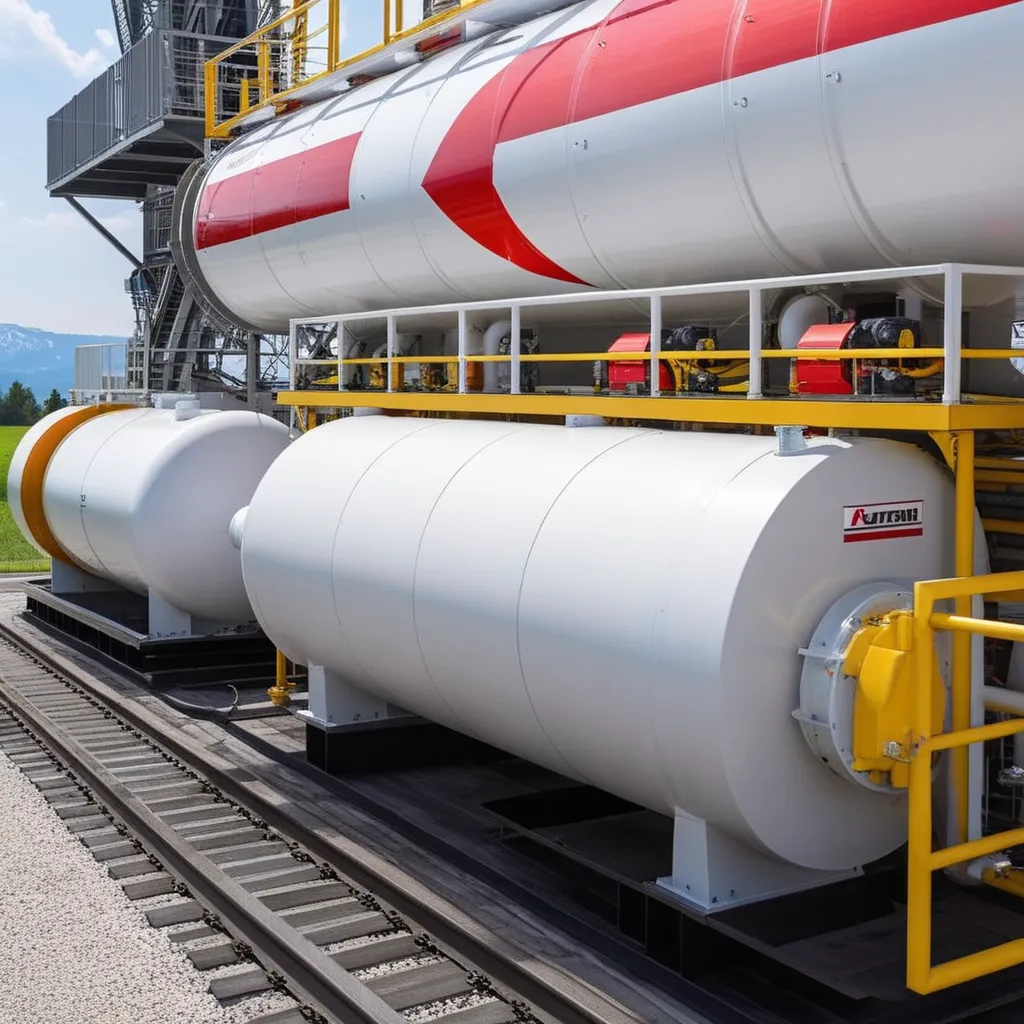Austria finds itself immersed in an abundant supply of Russian natural gas, enabling the long-standing partnership with Gazprom PJSC to bolster sales to neighboring nations. This surplus, however, contributes to the delay in Austria's efforts to shift away from Kremlin-controlled energy.

For over half a century, Austria has served as a pivotal hub for Russian gas distribution, with storage depots and pipelines strategically configured to transport fuel to Hungary, Germany, Italy, and Slovenia. The state-owned OMV AG maintains an extensive contract with Gazprom, compelling the purchase of gas at the border.
The scrutiny of Austria's energy supply has intensified as the nation expresses a desire to diversify from Russia. Nevertheless, trade data reveals a consistent flow via Ukraine, satisfying more than half of the country's economic demand.
Overflowing storage depots and unhindered shipments indicate a market more at ease after Russia's invasion of Ukraine in February 2022, as noted by Walter Boltz, a former Austrian regulator now serving as a senior energy adviser with Baker & McKenzie LLP.
Boltz remains optimistic about Austria's ability to weather potential disruptions to Ukraine flows this year. However, he expresses increasing concern over the failure to break free from Gazprom's influence, foreseeing significant risks for disruptions once Ukraine's gas-transit deal with Russia concludes next year.
The Gazprom contract is set to last until 2040. Despite ongoing war events, Gazprom continues to supply OMV's Baumgarten gas hub through pipelines that traverse Ukraine. However, this transit arrangement is slated to end in December 2024, with Kyiv's government pledging not to negotiate a new pact with Russia.
While Ukraine signals openness to European traders for individual access, the persistent threat of war damage to pipelines or compressor stations introduces uncertainties in guaranteed deliveries.
Gas Connect Austria GmbH, operator of the domestic east-west pipeline network, announces the expansion of capacity to Germany. The WAG LOOP 1 is expected to provide 27 terawatt-hours of gas, equivalent to about a third of annual demand, but operational readiness is not expected until 2027.
The operator is yet to apply for environmental permits needed for the 40-kilometer (25-mile) pipeline extension. Regulators approved the proposal earlier this year, obliging Gas Connect Austria to complete the €200 million ($217 million) project.
Negotiations over new tariffs, combined with Austrian legal restrictions and the absence of financial commitments and long-term bookings, pose challenges to expediting the project, as noted by a Gas Connect Austria spokesperson.
The Climate and Energy Ministry expresses alarm at the slow progress, emphasizing the central importance of the expansion in securing gas flows. There is no reason to wait any longer, the ministry states in an email response to questions.
Boltz and Gas Connect Austria both affirm that the country can meet demand in 2025 even without Russian supplies. However, they stress that long-term price stability can only be achieved through the establishment of new connections.
"The risk in 2025 and 2026 is not so much that there will be no gas available, but that prices could again be quite high," warns Boltz. "We need to avoid another price crisis."

No comments:
Post a Comment